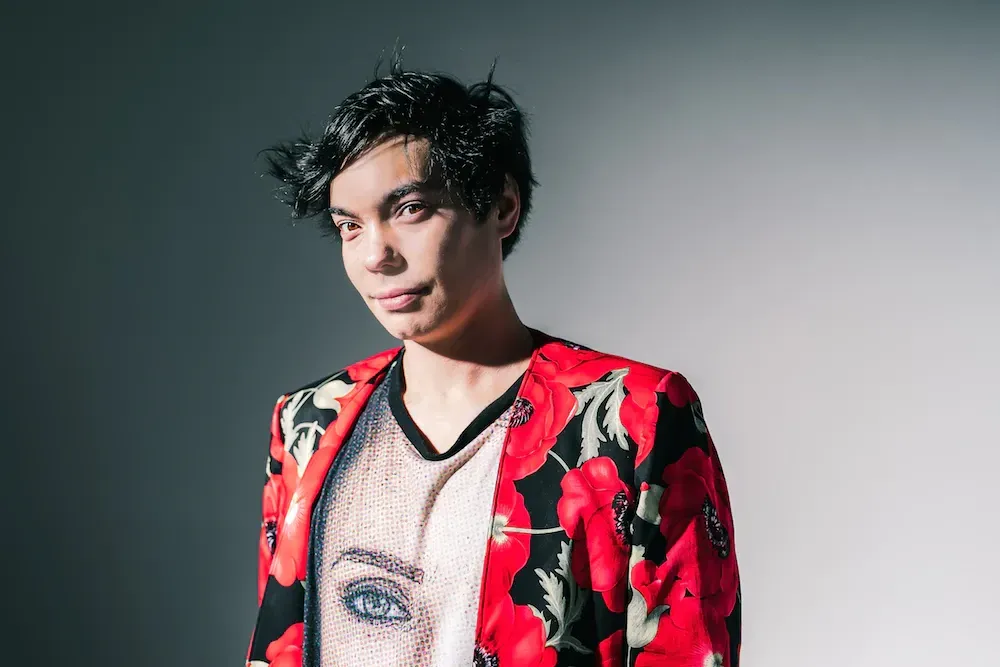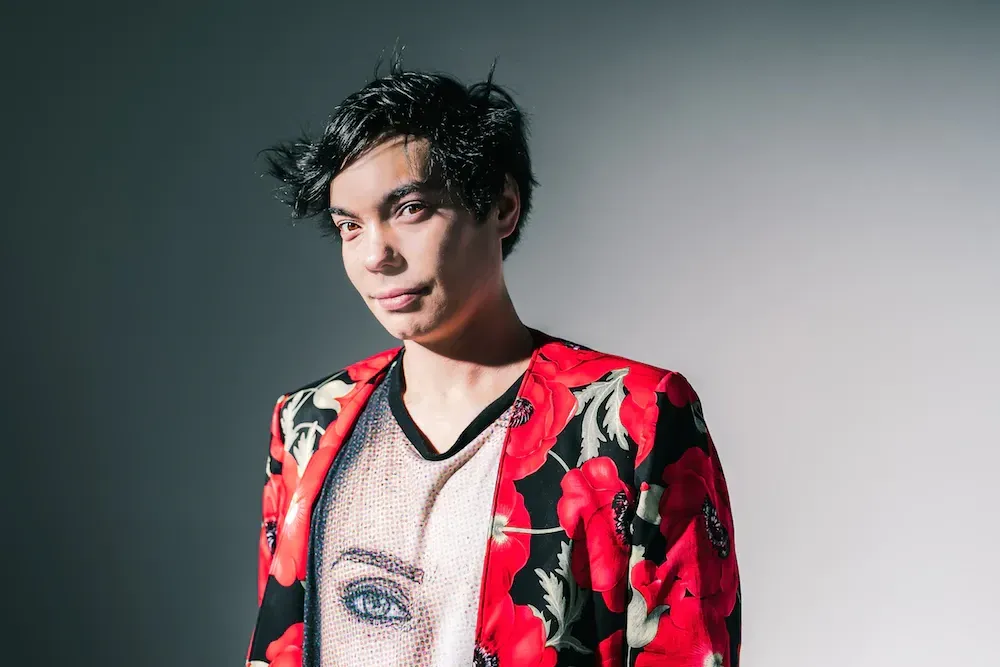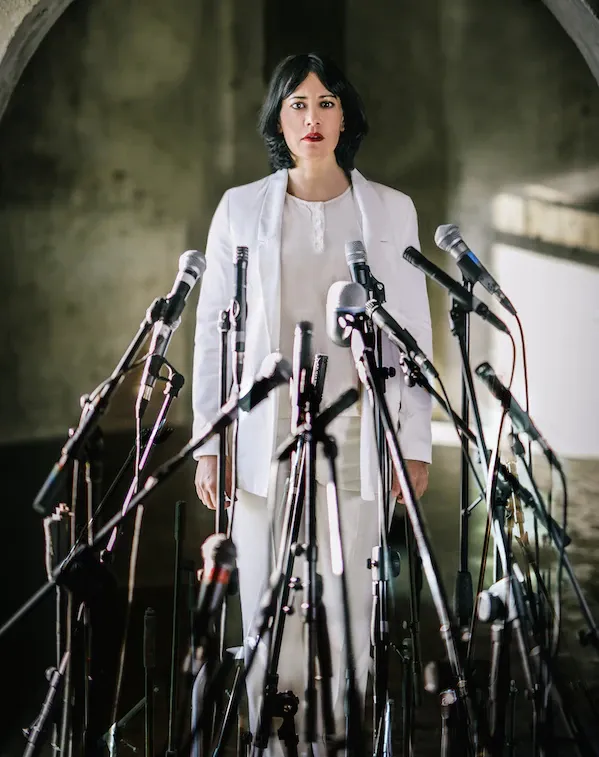Portraying others authentically
Written by


A few weeks ago, I saw playwright Victor Rodger give a talk about cultural appropriation. Drawing on Lionel Shriver’s controversial (and straight-up bonkers) speech for the Brisbane Writers’ Festival (she said “I hope the cultural appropriation is a passing fad”), Rodger discussed different ways to approach writing about races and cultures that aren’t your own.
The main method he used is the litmus test. Put simply: Would you be comfortable reading out what you’ve written about another race, culture or group of people in a room full of those people?
It’s a genius test, and a simple way of putting a complicated concept into practice. For people who aren’t used to the idea of cultural appropriation – especially in terms of Western culture appropriating other cultures, that term gets murky when the arrow flows in the other direction, or when those arrows cross over – it’s a way of making the potentially conceptual and immaterial very literal.
When I was taught writing, by the gregariously talented Gary Henderson, he taught me that anybody can write any story, so long as you put the work in.
Let’s unpack that statement, which I can imagine sets a few people’s back up. For me, the key phrase is not the first part – anybody can write any story – but the second part – so long as you put the work in.
What is work, in this context?
Work can be the life you lead. When I write my own life and experiences into my work, I’ve put the work in. I’ve put twenty-seven years of work in. I know the ins and outs of my life, and I know them better than somebody else. I can put that experience on paper better than anybody else. (Whether I can do it honestly, without ego, or without prejudice is another conversation entirely.)
But when it comes to writing outside my own experience – work can mean something different. Which brings me to Burn Her, a play that is unashamedly about women.
I’ve spent a lot of my life consuming and engaging with art created by women. I’ve spent a lot of my life listening to women share their opinions, emotions, lives and experiences (my mother wouldn’t have let me live my life any other way). And I’ve spent a lot of my life consuming art that values the experiences and lives of women.
I will never know the lived in experience of being a woman, I can’t possibly. But when it comes to writing women – when it comes to putting words in the mouths of women, when it comes to writing their experiences into a narrative arc and into a theme – I feel confident that I could sit in a room of women and have those things read aloud. I’ve done the homework.
You can tell when someone hasn’t done the work. I’ve seen plays about women written by men who haven’t done the work – the simple work of listening to women and how they engage with the world around them.
It hits your ear like nails on a chalkboard when you realize you’re hearing words that have been written by a man who considers women a secondary or tertiary player in a narrative, written by a man who thinks he’s had a conversation with a woman when he’s really just been waiting for his turn to talk.

Miriama McDowell in Burn Her
Burn Her is going to go up soon in front of audiences – audiences that will include women. I’m confident about what I’ve put to paper, which will later go on stage – my words will come out of the mouths of women who have rehearsed and shaped those words.
Some of the work that I've done on this is the more rudimentary stuff - how do people who work in politics interact with each other? What happens after an election? It's the facts and the givens, the stuff you learn by asking people who work in that landscape and know how it operates, that count. It's the work that people expect you to do when you're writing outside of your own experience.
And hell, I found myself a little bit lacking when we got to the first readthrough of Burn Her. I've worked as a journalist for a media organisation for a little over a year now - an organisation that did some amazing coverage of the election - and that’s given me insights into how things worked. Part of doing the work is figuring out where you've gone wrong, and fixing that.
But it’s the other work I’ve outlined which - to my mind - is the work that counts. It's observing people, listening to people, truly understanding their experiences and doing our best to portray them in a way that's not just authentic to an audience, but should read authentically to them.
Which brings me to the other part of the litmus test – the unspoken part. Once you’ve sat in that room full of the group of people you’ve written about, you have an obligation to listen to them. That’s part of your work.
And if you haven’t done your job, if there’s still more work to do, go and do it.
By Sam Brooks
Burn Her
August 2-18 in Q Theatre’s Loft as part of their MATCHBOX 2018 season
Find more information here
Sam Brooks is an award-winning and prolific playwright and journalist, who is largely noted for his critically acclaimed LGBT work, including Riding in Cars with (Mostly Straight) Boys, Queen and most recently, Twenty Eight Millimetres, which was performed as part of Auckland Pride. He won the Bruce Mason Playwrighting Award, New Zealand's most prestigious award for playwrighting. As a journalist, he is currently the TV and Gaming Editor at The Spinoff, and has had bylines at the Pantograph Punch, Metro and the NZ Herald.